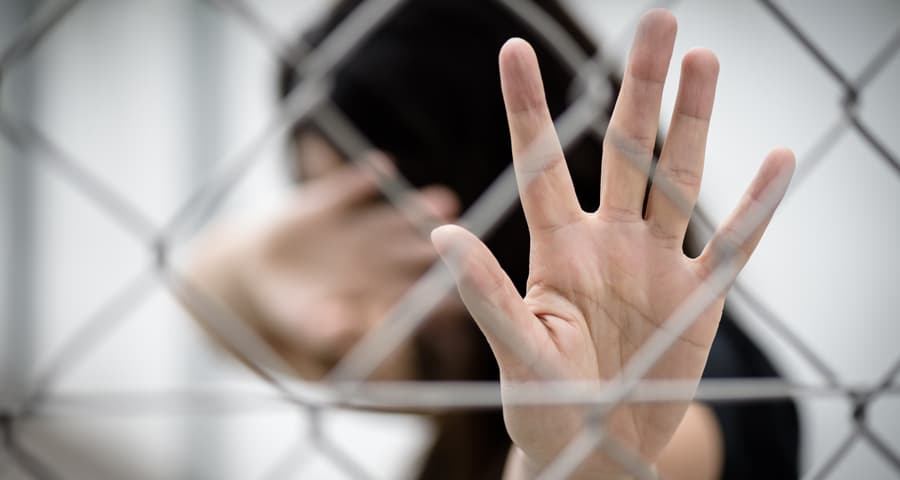Sexual exploitation of a minor – and, in this article, we will also cover the related offenses of sexual abuse of a minor and child pornography – is a very serious crime, both in Maine and elsewhere throughout the country.
Sexual exploitation can have powerful, lasting negative consequences on victims, and the State of Maine treats these offenses with the appropriate level of severity.
When a minor is exploited or abused sexually, this type of abusive behavior can literally leave permanent psychological and emotional scars.
Intensive counseling is often required to alleviate the effects of such abusive behavior, and in many cases the results of such counseling are less than optimal. Correspondingly, Maine punishes these behaviors with a very strong hand.
In the past, we have discussed Maine law on various sexual offenses, such as statutory rape, sexual assault, and others. In this post, we will focus specifically on offenses against minor children.
The law on sexual offenses perpetrated against minors is something which developed substantially in the 20th century. Now, the State of Maine, just like other jurisdictions around the country, treats these crimes with the appropriate degree of seriousness.
If you’ve been accused of one of these offenses, you need to obtain expert legal counsel immediately. Dealing with an allegation of sexual exploitation or abuse of a minor can be a very scary process, and navigating this scenario requires expert skill and knowledge.
Call 207-571-8146 or contact us online to schedule a consult with one of our highly skilled criminal defense & OUI lawyers, serving Southern Maine, today.
Table of Contents
Overview: Three Maine Laws on Exploitation
The State of Maine has various laws pertaining to sexual misconduct. We have discussed some of these laws in detail in previous articles. Technically, only possession of child pornography and sexual exploitation of a minor are classified as “exploitation” crimes in Maine, but for the purposes of our presentation here we will include sexual abuse of a minor under this same rubric.
So, the three crimes we will cover are:
- sexual exploitation of a minor,
- sexual abuse of a minor, and
- possession of sexually explicit material (i.e. child pornography).
Sexual Exploitation of a Minor in Maine
Overview of Crimes
In Maine law, “sexual exploitation of a minor” essentially refers to the act of persuading or compelling an underage person to engage in sexual conduct while being photographed.
If the victim is a minor, then the crime is committed whenever someone intentionally or knowingly compels that person to engage in sexually explicit conduct while being photographed.
The offender cannot raise a defense that the minor acquiesced or in any sense cooperated voluntarily with the acts. In Maine law, a “minor” in this context is someone under the age of 16.
However, the defendant may raise the defense that the minor is actually his or her spouse. There is another exception to this crime: if the alleged victim is either 14 or 15 years of age, sexual exploitation will not occur if the offender is less than 5 years older than the alleged victim.
In addition, the defendant can raise the defense that he didn’t act with intent or knowledge or that his conduct didn’t involve an act of compulsion or inducement.
Maine law lists sexual exploitation by threat separately; both sexual exploitation without a threat and sexual exploitation with a threat are both classified as Class B crimes.
If a parent or legal guardian permits a person under the age of 16 to engage in sexual conduct while being photographed, this also constitutes sexual exploitation in Maine.
Criminal Punishments
For first time offenses, sexual exploitation carries a prison sentence of at least 5 years. If the offender has prior convictions, then the prison sentence will be at least 10 years.
In situations involving victims who are under the age of 12, the State of Maine has a harsher treatment.
Offenses involving victims under 12 are classified as Class A violations and will receive harsher sentences. This is considered an aggravating factor, and so a first offense will carry a longer prison sentence than normal.
Call 207-571-8146 or contact us online to schedule a consult with one of our highly skilled criminal defense & OUI lawyers, serving Southern Maine, today.
Sexual Abuse of a Minor in Maine Law
Overview of Crimes
Sexual abuse of a minor is a separate crime from sexual exploitation. Whereas sexual exploitation involves compelling a minor to engage in sexual conduct while being photographed, sexual abuse of a minor involves direct sexual contact between the offender and the minor victim.
The basic offense in Maine occurs when a person is at least 5 years older than the victim, and the victim is between the ages of 14 and 15, and the victim is not married to the offender.
The other variation of this offense occurs when the offender is minimally 21 years of age, and the victim is either 16 or 17 and is a student and the offender is a teacher or school official.
Aggravating Factors & Classifications
For both variations of this crime – abuse involving a non-student and non-teacher and abuse involving a student and teacher – there are aggravating factors which enhance the severity of the offenses and increase the punishments.
If the perpetrator is too closely related to the victim, then this is considered incestuous and is considered an aggravating factor. Relatedness in this context is defined as within the 2nd degree of consanguinity.
The other aggravating factor is when the perpetrator is minimally 10 years older than the victim. The basic offense is classified as a Class D crime, and the student / teacher or school official offense is classified as a Class E crime.
Possible Defenses
If a person allegedly commits the basic offense of sexual abuse of a minor, there is a possible defense of mistake or “reasonable belief.” If the offender reasonably believed that the victim was at least 16 years of age, then a defense may be viable.
However, this belief must be based on clear evidence. Importantly, this defense cannot be raised for the other variation of this offense involving a student and a teacher or school official.
Call 207-571-8146 or contact us online to schedule a consult with one of our highly skilled criminal defense & OUI lawyers, serving Southern Maine, today.
Possession of Sexually Explicit Material in Maine Law
Overview of Crimes
Possession of sexually explicit material can occur in a wide range of ways under Maine law. The current statutory language reads as follows:
“A person is guilty of possession of sexually explicit material if that person: … Intentionally or knowingly transports, exhibits, purchases, possesses or accesses with intent to view” any piece of material showing sexual conduct involving a minor. Under Maine law, a “minor” in this context refers to someone under 16 years of age, as is the case for sexual exploitation of a minor.”
As you can see, this crime can be committed in myriad ways. A person can commit this offense even without purchasing or owning the explicit material; simply viewing the material, or even accessing with intent to view, is enough to trigger the offense.
Importantly, this crime will not be triggered if the person depicted in the material is between 14 and 15 years old and the offender is less than 5 years older. Hence, a 17-year-old viewing sexually explicit photographs of a 15-year-old will not be guilty of this crime.
If a person possesses sexually explicit material involving someone under the age of 12, this is considered a more serious offense and is punished more severely.
The first variation of this crime is classified as a Class D crime, while this more serious variation is classified as a Class C crime.
If a person has prior convictions for the first variation, then he or she commits a Class C crime; if a person has prior convictions for the other variation, then he or she commits a Class B crime.
Possible Defenses
If a person faces an allegation of possession of sexually explicit material, that person may raise a defense that the person depicted in the material is his or her spouse at the time that the material was created, or that the person depicted was not a real person, or that the person depicted was not the age alleged in the complaint.
Call 207-571-8146 or contact us online to schedule a consult with one of our highly skilled criminal defense & OUI lawyers, serving Southern Maine, today.
Mandatory Reporting in Maine
The State of Maine has a mandatory reporting law which requires certain individuals to report suspected child abuse, and this includes suspected instances of sexual exploitation or sexual abuse.
Failure to report a suspected instance of child abuse can lead to a civil fine of up to $500.
Those who are required to report suspected instances of abuse – “mandated reporters” – include certain professionals, such as medical professionals, teachers, caregivers, religious workers, and others.
If a mandated reporter suspects that child abuse is likely taking place, then he or she must immediately report this instance to local law enforcement.
One specific thing which mandated reporters must report is any instance in which a child is not living with his or her legal guardian or family.
The reason for this is because those scenarios are more likely to involve sexual abuse (or the production of child pornography).
The Role of the Department of Health & Human Services (DHHS)
After a mandated reporter notifies law enforcement, DHHS will intervene and determine whether a crime is taking place. Before the DHHS takes action, this department needs to first substantiate the suspicion reported by the mandated reporter.
Then, if the suspicion has a basis, and the DHHS caseworker confirms that abuse is occurring, the DHHS caseworker will take the steps necessary to stop the criminal behavior and ensure the safety of the child.
Depending on the circumstances, a child’s legal guardian may lose his or her status (as a legal guardian), because instances involving child neglect or abuse may lead to a loss of such status.
Call 207-571-8146 or contact us online to schedule a consult with one of our highly skilled criminal defense & OUI lawyers, serving Southern Maine, today.
Requirement of Offender Registration in Maine
If a person commits the crime of sexual exploitation of a minor, or sexual abuse, or possesses sexually explicit material, that person must register as a sex offender in Maine after a conviction.
The precise rules governing sex offender registration are found in the Sex Offender Registration Act. The courts must keep a record of these registrations.
The courts will order an offender to register after that person has served his or her jail sentence.
Furthermore, if a person from out-of-state moves to Maine, but committed a sexual offense against a minor in his or her previous state, then he or she must register as a sex offender in Maine.
Contact the Maine Criminal Defense Group
The laws on sexual exploitation are fairly straightforward, although complexity may arise whenever someone raises a defense of “reasonable belief” for the offense of sexual exploitation of a minor.
The question arises: on what basis can a reasonable belief that a person was at least 16 years old be sustained?
That is far from an easy question to answer. Each defense of this sort will be handled on a case-by-case basis, but certainly the person raising the defense needs to have solid evidence to carry it through successfully.
If, for instance, the alleged offender simply thought that the person was at least 16, but cannot point to any evidence to substantiate this belief, then this defense will likely fail.
Hopefully, this gives readers a good overview of how these crimes are defined and classified here in Maine. And hopefully readers also have a sense of some of the secondary issues involved, such as mandatory report and the role of the Department of Health & Human Services (DHHS).
Again, if you’ve been accused of one of these crimes, you need to take this matter very seriously. Get in touch with an attorney with experience in this area.
If you need assistance, contact the Maine Criminal Defense Group today by calling 207-571-8146.
Call 207-571-8146 or contact us online to schedule a consult with one of our highly skilled criminal defense & OUI lawyers, serving Southern Maine, today.
Blog Posts

AUGUSTA, Maine — A 44-year-old Albion, Maine man, Sean M. Eori, is on trial at the Capital Judicial Center after being indicted on 11 charges involving the alleged sexual assault[...]

Sexual exploitation of a minor is a severe offense in Maine with life-altering consequences. This crime involves persuading or enticing a minor into sexual acts, often aggravated by technology or[...]
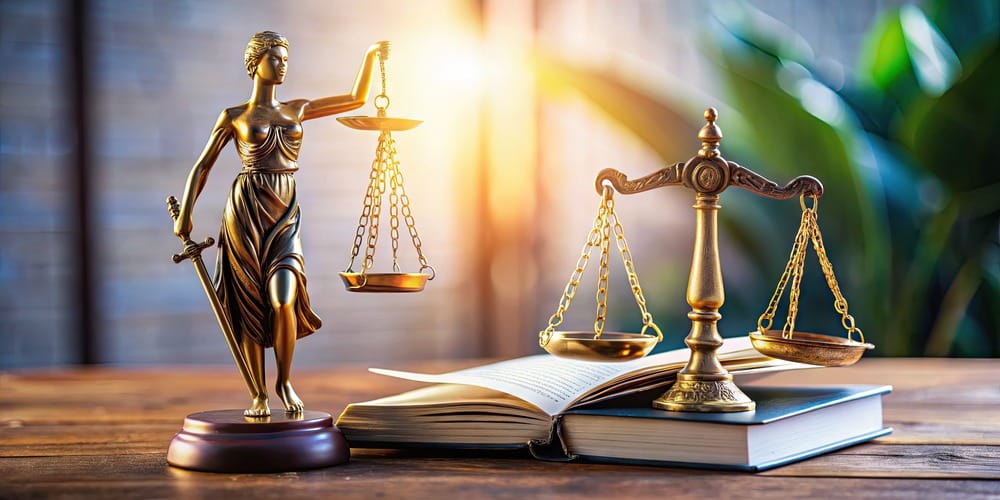
Many individuals accused of sexual assault find themselves tried in the “court of public opinion” and immediately branded as “guilty.” This is unfair and contrary to the principles of criminal[...]
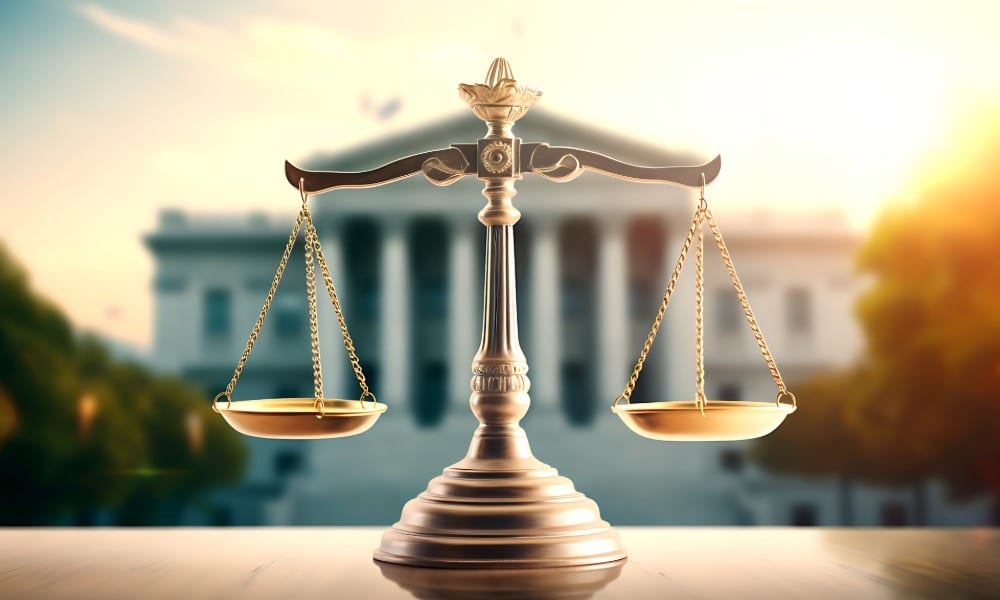
Facing a child pornography charge is one of the most daunting and life-altering experiences anyone can endure. These charges carry severe consequences, including potential prison time, hefty fines, and mandatory[...]

Solicitation of a minor is a criminal offense where an individual who engages in a conversation with a minor solicits or asks the minor to meet up to partake in[...]

Sexual assault and sexual battery both refer to criminal offenses where a victim does not provide consent to sexual contact. This contact may or may not involve penetration, force, violence,[...]

Both prostitution and solicitation are considered sex crimes in Maine. Buying or selling sexual acts or sexual contact is illegal and has traditionally been considered a criminal offense for all[...]
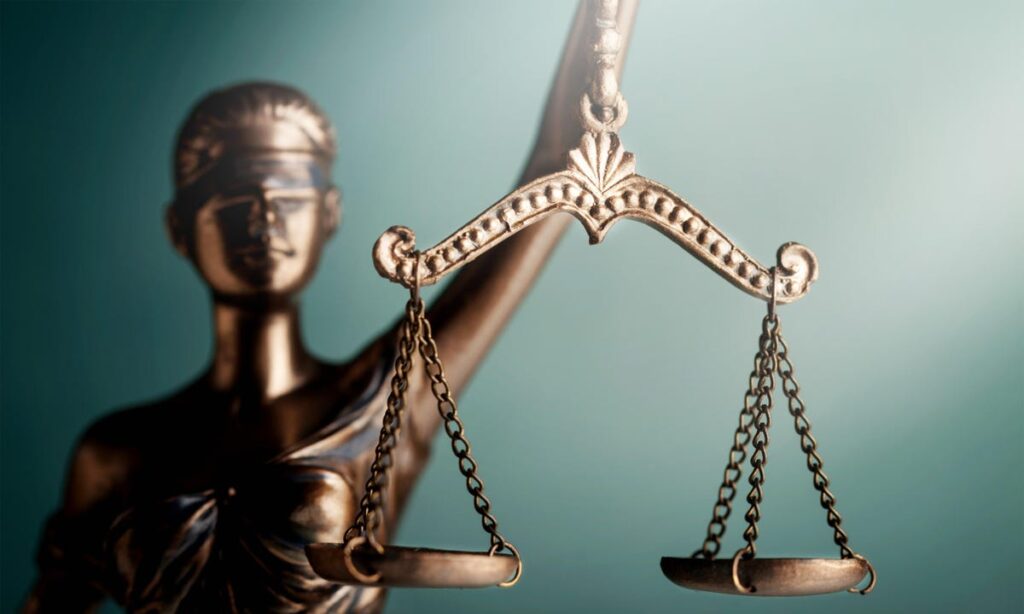
A protection from abuse order (PFA) can make it illegal for an individual to contact you or your children in the state of Maine. Filing a PFA is often a[...]

In a recent child exploitation case from Boston, a Maine man was found guilty by the federal court and sentenced to 13 years in prison and five years of supervised[...]
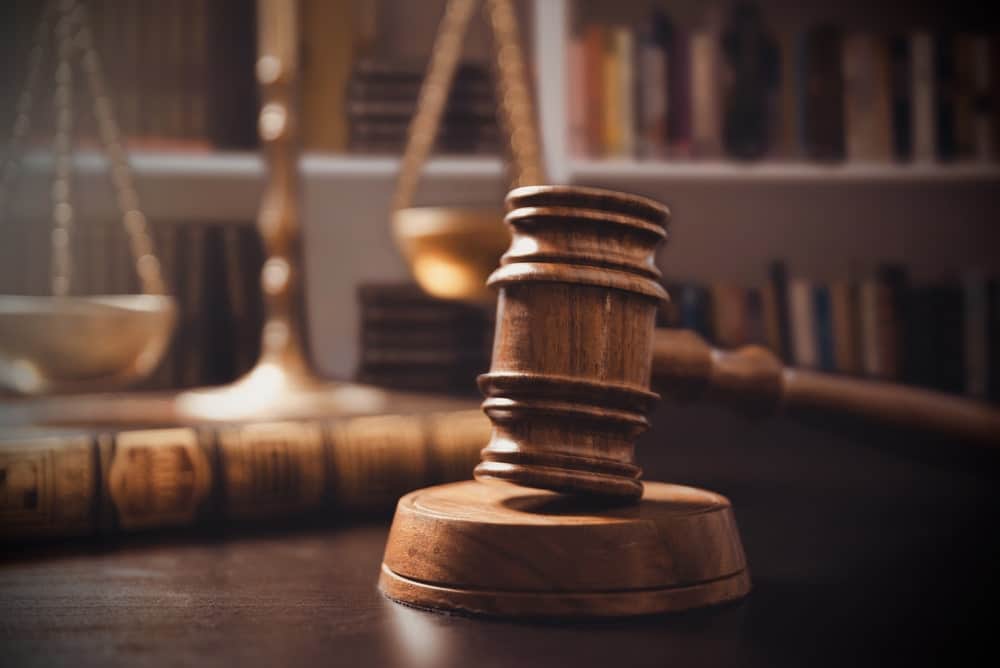
Accused or Charged with Sexual Exploitation of a Minor: What You Need to Know Allegations involving the sexual exploitation of a minor are among the most serious criminal charges a[...]
